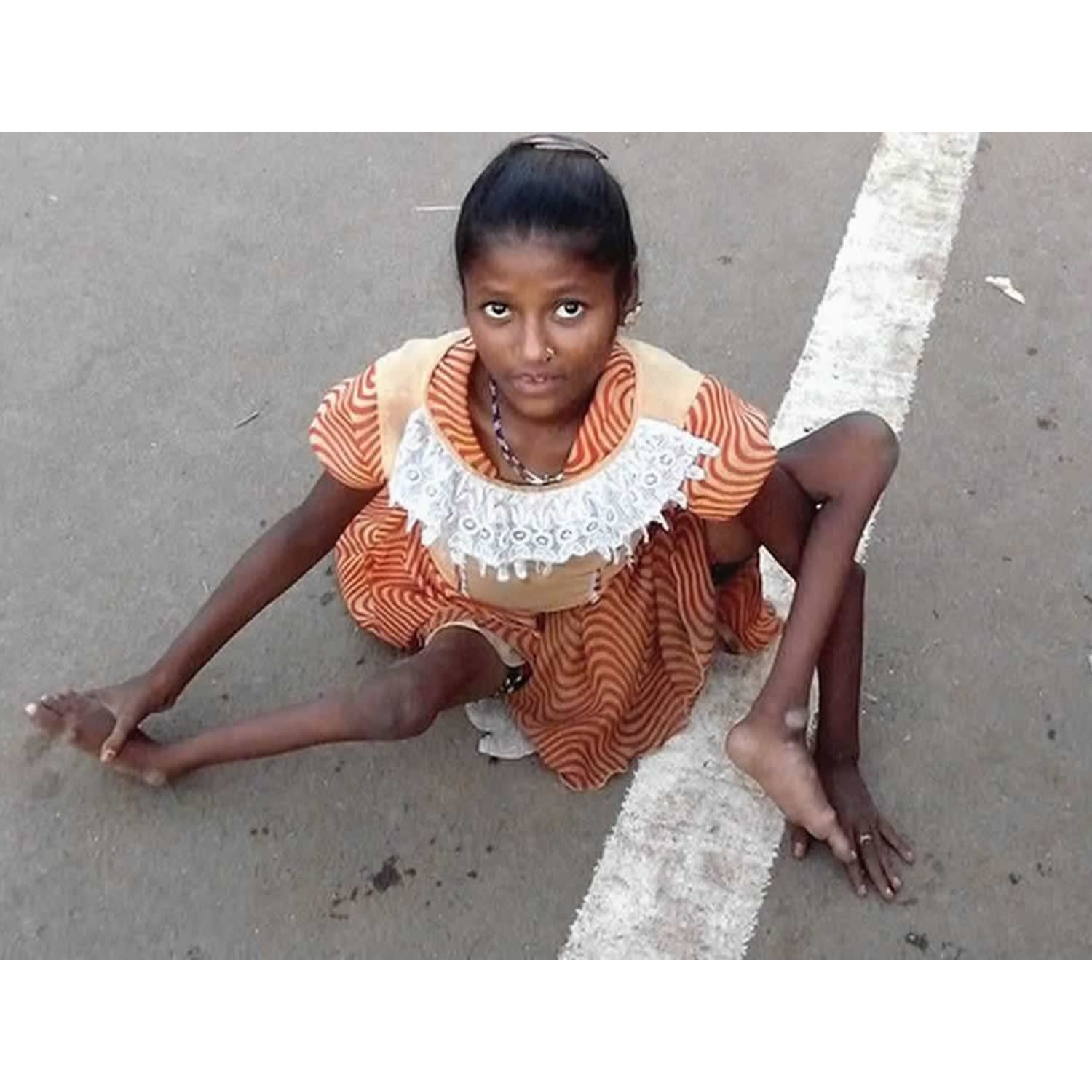



BEST POLIO PHYSIOTHERAPY MANAGEMENT IN NEW FRIENDS COLONY-PHYSIONAUTICS Polio (poliomyelitis) is a disease caused by poliovirus. It causes mild or no symptoms in most people, but in some people it can cause paralysis or death. What are the types of polio? Polio can affect your body differently depending on where the virus multiplies and attacks. Types of polio include: • Abortive poliomyelitis causes flu-like and intestinal symptoms. It only lasts a few days and doesn’t cause long-lasting issues. • Non-paralytic poliomyelitis may cause aseptic meningitis, a swelling of the area around your brain. It causes more symptoms than abortive poliomyelitis and may require you to stay in the hospital. • Paralytic poliomyelitis happens when poliovirus attacks your brain and spinal cord. It can paralyze the muscles that allow you to breathe, speak, swallow and move your limbs. Depending on what parts of your body are affected, it’s called spinal polio or bulbar polio. Spinal and bulbar polio can appear together (bulbospinal polio). Less than 1% of people with polio get paralytic poliomyelitis. • Polioencephalitis is a rare type of polio that mostly affects infants. It causes brain swelling. • Post-polio syndromeis when symptoms of polio come back years after a polio infection. How does polio affect my body? Poliovirus gets into your body through your mouth or nose. It makes more copies of itself (reproduces) in your throat and gut (intestines). In some cases, it gets into your brain and spinal cord and causes paralysis. Paralysis can affect your arms, legs or the muscles that control your breathing. Can adults get polio? Yes, adults can get polio. Many adults have immunity, either because they’re vaccinated or they’ve had polio. Adults who aren’t vaccinated can get polio if they’re exposed to poliovirus. How common is polio? Symptomatic polio is rare in many parts of the world, thanks to worldwide vaccination programs. In most countries, polio is considered eliminated — it’s no longer spread in that area. But when people stop getting vaccinated, polio can start to spread again. Symptoms and Causes Between 70% and 95% of people infected with poliovirus don’t have symptoms. Of those with symptoms, most people have the mildest form (abortive poliomyelitis) with flu-like and intestinal symptoms. Paralytic polio causes the most serious symptoms, including paralysis. Symptoms of abortive poliomyelitis Abortive poliomyelitis symptoms are similar to many other illnesses. They start three to seven days after getting infected and last a few days. Symptoms of abortive poliomyelitis include: • Fatigue. • Fever. • Headache. • Vomiting. • Diarrhea or constipation. • Sore throat. Symptoms of non-paralytic poliomyelitis Non-paralytic poliomyelitis starts with the same symptoms as abortive poliomyelitis. Additional symptoms start within a few days, including: • Neck stiffness. • Pain or pins-and-needles feeling in your arms and legs. • Severe headache. • Sensitivity to light (photophobia). Symptoms of paralytic poliomyelitis Paralytic poliomyelitis starts out with symptoms similar to abortive poliomyelitis or non-paralytic poliomyelitis. Additional symptoms can appear days or weeks later, including: • Sensitivity to touch. • Muscle spasms. In addition: • Spinal poliomyelitis makes it so you can’t move your arms or legs or both (paralysis). • Bulbar poliomyelitis makes it hard to breathe, swallow and speak. • Bulbospinal poliomyelitis has symptoms of both spinal and bulbar polio. Symptoms of polioencephalitis You can have symptoms of polioencephalitis on their own or along with flu-like symptoms. Symptoms include: • Extreme tiredness (fatigue). • Anxiety. • Trouble focusing. • Seizures. What causes polio? Polio is caused by a virus (poliovirus). Poliovirus infects your throat and intestines, causing flu-like symptoms. It can then spread to your brain and spine, causing paralysis. How does polio spread? Polio spreads through coughing or sneezing or from coming in contact with poop (feces) of an infected person (fecal-oral route). It can spread by: • Not washing your hands after going to the bathroom or touching poop (like changing diapers). • Drinking contaminated water or getting it in your mouth. • Eating foods that have touched contaminated water. • Swimming in contaminated water. Water can become contaminated when someone who has diarrhea swims in it. • Coughing or sneezing. • Being in close contact with someone with polio. • Touch
We hate spam too.